Are you financially ready to own a home? Look into these 5 calculations and questions before you meet with your broker or lender.
- Compare how much you currently spend on expenses and debt payments with the amount you have saved or invested.
- How much can you afford to spend on housing each month without risking your financial health?
- How much do you need to save to pay for the upfront costs of buying a home?
Upfront costs include:
- the down payment
- home inspection and appraisal fees
- insurance costs
- land registration fees
- prepaid property taxes or utility bills (the buyer reimburses the seller or builder)
- legal or notary fees
- potential repairs or renovations
- moving costs
- GST/HST/QST on a newly built house or mortgage loan insurance
- How much would you be spending each month with homeownership expenses added to your current financial situation?
- What is your credit score? You can demonstrate your ability to consistently pay bills and debts with a copy of your credit report.
There are 2 affordability rules that determine how much you can spend on housing without risking your financial situation.
As a new homeowner:
- It is recommended that your monthly housing costs should be no more than 32% of your average gross (pre-tax) monthly income. This percentage is known as your gross debt-to-income or gross debt service (GDS) ratio. CMHC restricts GDS ratio at 39% to qualify for an insured mortgage.
- It is recommended that your monthly total debt load should be no more than 40% of your average gross (pre-tax) monthly income. This percentage is known as your total debt-to-income or total debt service (TDS) ratio. CMHC restricts total debt service (TDS) ratio at 44% to qualify for an insured mortgage.
Get a better idea of your GDS and TDS ratios with the debt service calculator.
You can explore your budget options with the mortgage affordability calculator.
First-Time Home Buyer Incentive. The Incentive helps first-time homebuyers without adding to their financial burdens. Eligible first-time homebuyers who have the minimum down payment for an insured mortgage can apply to finance a portion of their home purchase through a shared equity mortgage with the Government of Canada.
Home Buyers' Amount. This is a $5,000 non-refundable income tax credit amount on a qualifying home acquired during the year. For an eligible individual, the credit will provide up to $750 in federal tax relief.
Home Buyers' Plan (HBP). This program allows you to withdraw up to $35,000 in a calendar year from your registered retirement savings plans (RRSPs) to buy or build a qualifying home for yourself or for a related person with a disability.
GST/HST New Housing Rebate. You may qualify for a rebate of part of the GST or HST that you paid on the purchase price or cost of building your new house, on the cost of substantially renovating or building a major addition onto your existing house, or on converting a non-residential property into a house.
You can still take several steps toward homeownership.
- Meet with a credit counselor to improve your financial situation.
- Pay off some loans or other debts.
- Save for a larger down payment.
- Lower your home price range.
- Adjust your budget to spend less or save more.
Source: CMHC SCHL Buying Guides



